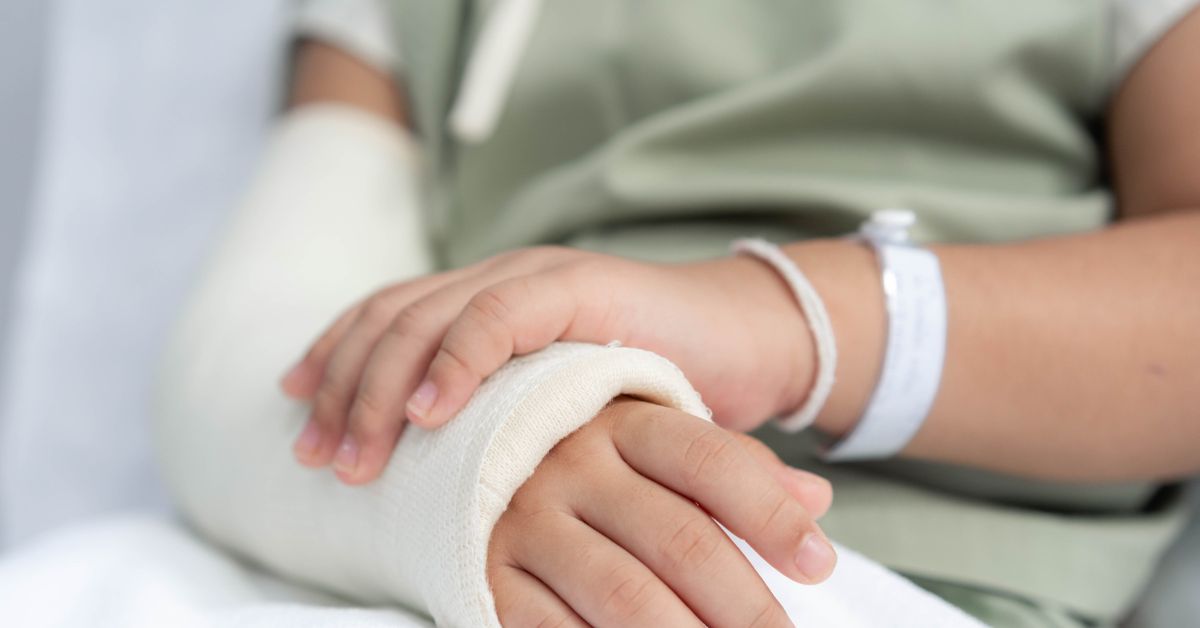How a joint replacement can affect everything from daily chores to travel
Joint replacement surgery may seem like a hurdle. Transitioning back into your everyday life with your new knee, hip or shoulder takes real work, too. With the help of your doctor, a physical therapist or an occupational therapist, you can expect to return to your normal activities eventually. It’s important to be patient and careful after surgery. That way, you don’t disrupt the healing process. Trying to do too much too fast is a recipe for pain and complications. Take your time as you return to your day-to-day activities.
Are you wondering about the impact of your knee, hip or shoulder replacement on specific activities you do every day? Let’s review some of the common activities so you know what to expect.
Driving
Driving is the way many people live independent lives. You might want to get behind the wheel as soon as possible. After you’ve had a knee replacement, it might not be that simple. If you’ve had a knee replacement on your left knee and you drive an automatic car, you may be able to start your engine in just a few weeks. If it’s your right knee, you’ll probably want to wait about a month. It can take a little longer if you drive a manual shift car. You need to be able to bend your knee enough to move the pedals.
If you’ve had a hip or shoulder replacement, you might believe you can return to driving more quickly. However, it’s important to never operate a vehicle under the influence of any narcotics or medications. Always check with your doctor before grabbing the keys. You may also benefit from a disabled parking permit, too.
Going to work
It depends on what type of work you do when determining how quickly you can get back to your job. The American Academy of Orthopaedic Surgeons suggests that it could take several weeks to return to normal work activities. You may want to use a cane, walker or crutches until your doctor clears you for putting your full weight on the leg if you’ve had a knee or hip replacement. If your work includes lifting heavy objects and you’ve had a shoulder replacement, you’ll need to take it easy for a while. Talk with your doctor to get a better timeline. It could be a few months.
Household chores
If you’ve had shoulder replacement surgery, your arm will be in a sling for about two to four weeks. Limit your household chores and activities for the next month to six weeks. You shouldn’t lift anything more than a pound. Consider hiring some temporary help with the laundry, vacuuming or other regular household chores.
Knee and hip replacement surgeries also limit your ability to tidy up, stand at the sink to do dishes or cook. Take it easy during this recovery time. It’s OK to ask for help.
Exercise
The most important thing you can do after your joint replacement is to follow the exercises your physical therapist or doctor show you. You’ll do these for at least two months after your surgery, and sometimes more. This may mean riding a stationary bicycle to keep your hip flexible.
Once your doctor says it’s OK, you can walk as much as you like. Another great activity is swimming. It’s low-impact, meaning it doesn’t put as much pressure on your joints. Overall, sports like golfing, bicycling and light tennis are better than jogging, racquetball and skiing.
Travel
Just because you’re sitting for a long period of time in an airplane doesn’t mean it won’t impact your joints. Knees, hips and shoulders swell due to changes in cabin pressure. This may cause discomfort. It’s important to walk around at least every hour to prevent any blood clots from developing. If you’re planning a long-distance flight, talk to your doctor.
Do you have metal components in your artificial knee? Allow for a little extra time going through security at the airport. Be prepared to show off your scar if you set off the metal detectors. Once you heal, this still might be an issue. Ask for help, and be sure to smile during recovery — and beyond.
Are you considering a knee, hip or shoulder replacement? Do you have questions about the recovery process? Visit Mercy.com to learn more about our orthopedics and sports medicine services.






